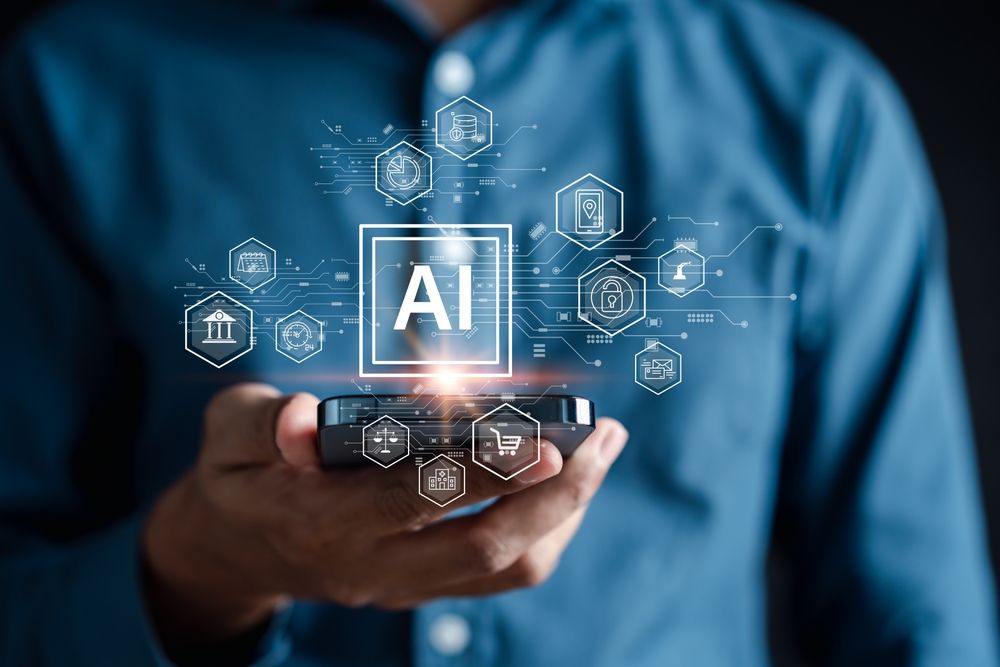
Welcome to the era of Artificial Intelligence (AI), where machines learn from experience, adjust to new inputs, and perform tasks that once required human intelligence. AI has touched nearly every sector of the economy, and personal banking is no exception. This transformative technology is revolutionizing the way we manage our finances, interact with our banks, and make decisions about our money. In this article, we’ll explore the breadth and depth of AI’s impact on personal banking, shedding light on the myriad ways it’s enhancing customer experiences and shaping the future of the financial industry.
Enhancing Customer Service and Support
One of the most visible impacts of AI in personal banking is in the realm of customer service. Banks have traditionally relied on call centers and in-person interactions to handle customer inquiries and issues. However, AI-powered chatbots and virtual assistants are changing the landscape. These intelligent systems provide instant, 24/7 customer service, handling everything from balance inquiries to complex transaction disputes.
AI chatbots are becoming increasingly sophisticated, equipped with natural language processing abilities that allow them to understand and respond to customers in a conversational manner. This not only improves the efficiency of customer service operations but also elevates the user experience, as customers can resolve their issues quickly and without the need for human intervention. Moreover, these AI systems learn from each interaction, continuously improving their responses and solutions.
Personalized Banking Experiences
Personalization is the new standard in consumer services, and banking is no different. AI is enabling banks to offer highly personalized experiences to their customers by leveraging data analytics and machine learning. By analyzing transaction histories, spending patterns, and even social media activity, AI can provide insights that help banks tailor their services to the individual needs and preferences of each customer.
For instance, AI can recommend specific financial products or investment strategies based on a user’s financial behavior, potentially improving their financial well-being. It can also remind customers of upcoming bills, suggest budgeting tips, or notify them of unusual spending activity, adding a layer of personalized financial advice that was once only available from a human advisor.
Fraud Detection and Security
The financial industry has always been a prime target for fraudsters, but AI is proving to be a formidable opponent in the battle against fraudulent activities. AI systems can monitor transactions in real-time, identify patterns indicative of fraudulent behavior, and flag suspicious activities with far greater accuracy than traditional methods.
Machine learning algorithms can adapt to new types of fraud as they emerge, constantly updating the criteria for what constitutes suspicious behavior. This dynamic approach to security means that banks can stay one step ahead of criminals, protecting their customers’ assets more effectively. The result is a more secure banking environment where customers can have greater peace of mind when it comes to the safety of their personal and financial information.
Automating Routine Transactions and Processes
Automation is another area where AI is making significant inroads in personal banking. Routine transactions and processes, such as account opening, loan applications, and funds transfers, which once required human processing, can now be handled entirely by AI systems. This not only speeds up the process for customers but also reduces the potential for human error.
AI-powered document analysis and verification can expedite the approval process for loans and credit applications, using algorithms to assess risk and creditworthiness more accurately than ever before. Additionally, AI can handle repetitive back-office tasks, freeing up human employees to focus on more complex and customer-focused initiatives.
Predictive Analytics for Better Financial Planning
Finally, AI’s predictive analytics capabilities are empowering customers to make better financial decisions. By analyzing vast amounts of data, AI can forecast future trends in the market, predict cash flow scenarios, and even suggest the best times to save or invest.
Customers can benefit from AI’s ability to anticipate economic shifts or personal financial crunches, allowing them to plan and adjust their strategies accordingly. Banks can also use predictive analytics to design financial products that better meet the future needs of their customers, ensuring that personal banking services continue to evolve and remain relevant in an ever-changing economic landscape.
The impact of artificial intelligence on personal banking services is profound and far-reaching. From enhancing customer service to personalizing experiences, bolstering security, automating routine tasks, and providing predictive insights for financial planning, AI is not just a technological advancement; it’s a transformative force that is reshaping the way we interact with our finances. As AI continues to develop and integrate more deeply into the banking industry, we can expect even more innovative and efficient services that cater to the modern customer’s needs. Welcome to the future of personal banking, where AI is your ever-present, intelligent financial companion.
